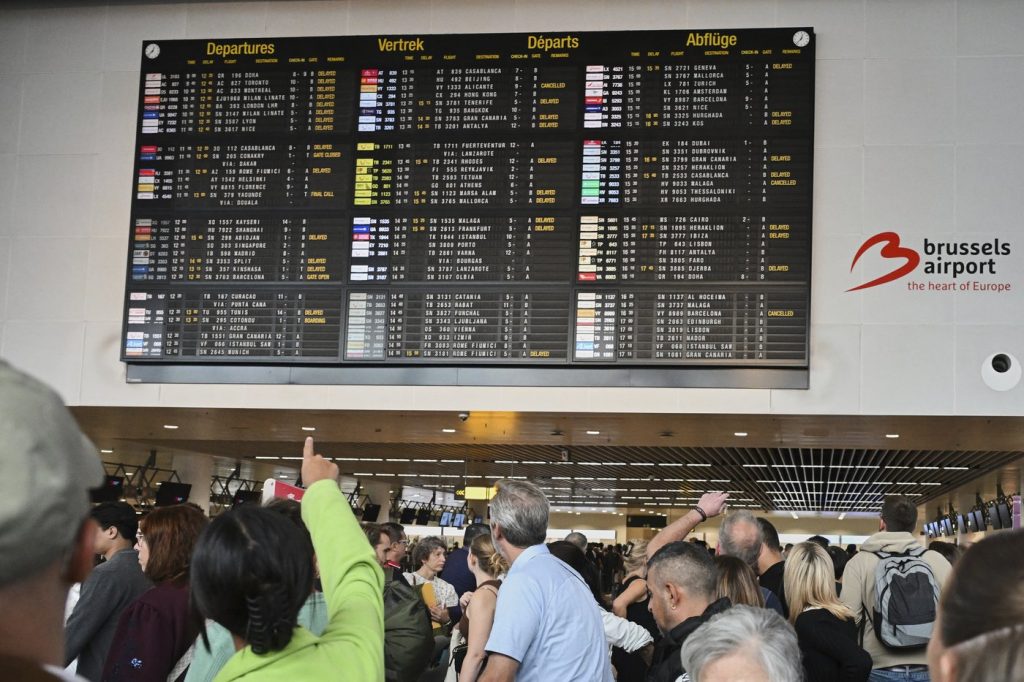LONDON (AP) – A cyberattack targeting check-in and boarding systems caused significant disruption at several major European airports on Saturday, leading to flight delays and a limited impact on travelers. The incident specifically affected Brussels, Berlin’s Brandenburg, and London’s Heathrow airports, where only manual check-in and boarding were viable due to the disruption.
Brussels Airport reported on September 19 that the cyberattack impacted their service provider for check-in and boarding systems, stating there was initially a “large impact” on flight schedules. The attack was linked to Collins Aerospace, a subsidiary of RTX Corp., which provides systems facilitating passenger check-in, boarding pass printing, and baggage processing. The company acknowledged a “cyber-related disruption” to its MUSE (Multi-User System Environment) software at “select airports.”
The specific perpetrators behind the cyberattack remain unidentified, but cybersecurity experts have pointed to potential involvement from hackers, criminal organizations, or state actors. Travel analyst Paul Charles expressed shock that such a significant aviation and defense company could be compromised, emphasizing the sophistication of the cyberattack that managed to affect multiple airlines and airports simultaneously.
As the day progressed, the impact of the attack appeared to be contained. By mid-morning, Brussels Airport reported nine canceled flights, four being rerouted, and 15 experiencing delays of over an hour. In Berlin, airport representatives indicated that while no flights were canceled due to the cyberincident, they had taken measures to disconnect affected systems to ensure safety. Heathrow Airport, Europe’s busiest, reported minimal disruption with no linked flight cancellations, although the extent of delays was not disclosed.
Despite the limited impact on flights, passenger frustration grew due to inadequate staffing at check-in counters, resulting in lengthy wait times. Maria Casey, traveling with Etihad Airways, recounted waiting three hours for baggage check-in at Heathrow, where staff had to manually write baggage tags due to the cyberattack's effects.
Collins Aerospace is actively working to resolve the issue and restore full functionality. In its statement, the company noted that the disruptions primarily affect electronic customer check-in and baggage drop, which could be mitigated through manual operations.
Experts highlighted that the attack underscores vulnerabilities within the aviation sector, particularly through its reliance on shared digital systems. Charlotte Wilson, head of enterprise at cybersecurity firm Check Point, observed that the aviation industry has become an attractive target for cybercriminals, emphasizing the risks associated with third-party platforms utilized by multiple airlines and airports. Such compromises can lead to rapid and widespread disruptions across international borders.
Analysis revealed that the motives behind the attack could lean more towards vandalism rather than financial extortion. James Davenport, a professor of information technology at the University of Bath, indicated that substantial further evidence would be required to shift this assessment.
The incident serves as a stark reminder of the increasing cybersecurity threats facing the aviation sector and prompts calls for enhanced security measures to protect critical infrastructure in the future.












